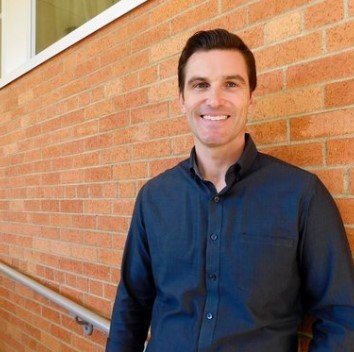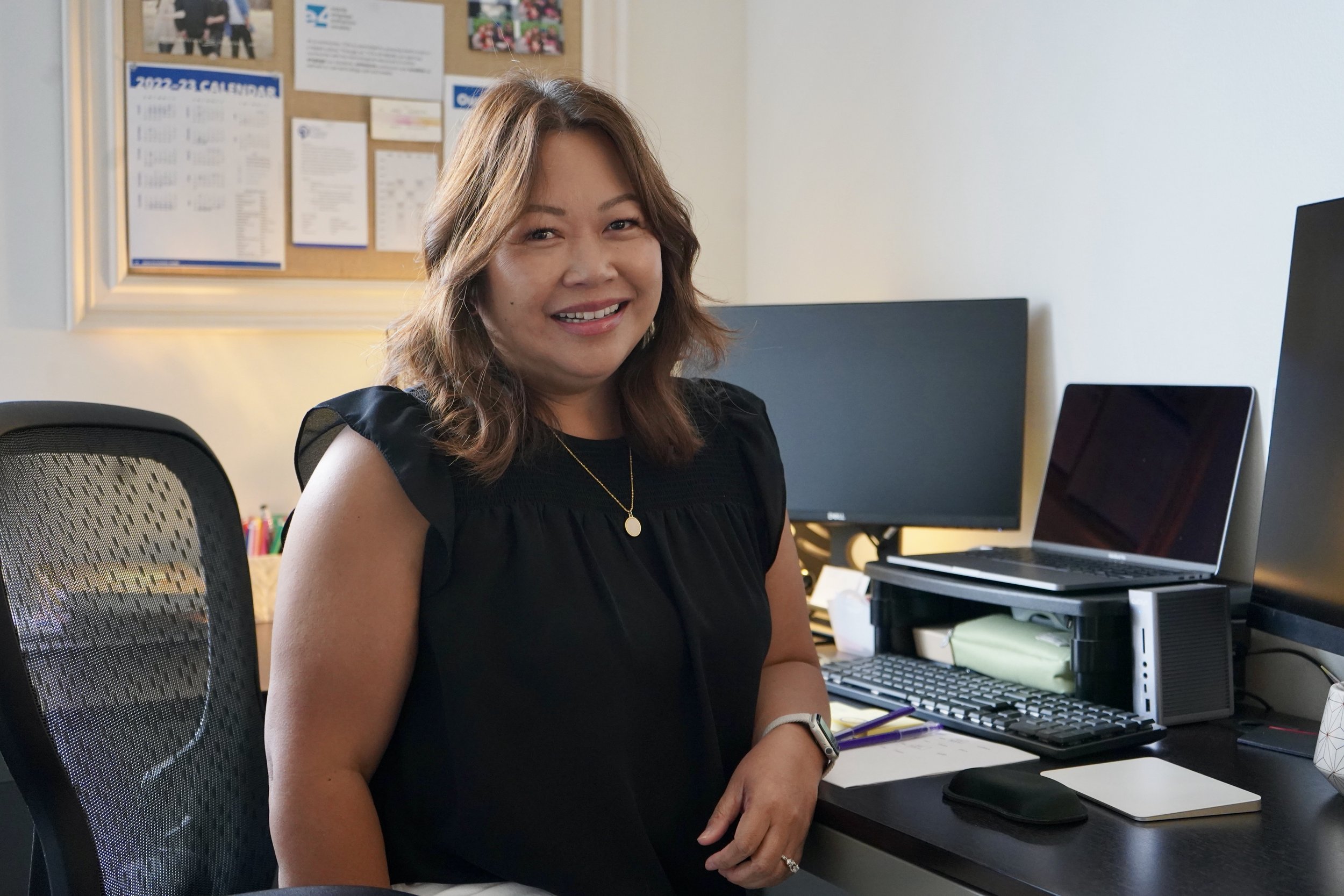Story by Nancy McGuire. Photos Courtesy of Dallas Center for Photography.
Nestled along the banks of the Trinity River sits a colony of artist studios and galleries, a beehive humming with the creative energy of those immersed in making or displaying works of art. So sits the Dallas Center for Photography (DCP). Under the direction of Peter Poulides, DCP has become a community asset that is teaching, displaying, and encouraging the art of photography. From budding beginners to award-winning professionals, DCP offers a wide variety of classes, processing facilities, and a gallery to display and discuss photographs.

As a professional photographer, Poulides is skilled in several areas of photography. He’s created travel exposés for magazines and educational videos and has also worked on motion pictures and movie special effects.It was in shooting stock photos that Poulides truly made his mark, contributing thousands of images to advertising and stock agencies. As he was growing in his career, he began teaching classes on the side and eventually realized that sharing his passion and knowledge of photography was his calling at that point in his life. So in 2008, Poulides took over the reins of DCP as its Executive Director.
Poulides and his small staff – along with a cadre of visiting professionals – taught a variety of classes for many years and produced a number of photography-related events at DCP. It was important for all involved in DCP’s development to bring photography to the community and eliminate any barriers to those wanting to share their stories through photos, especially since everyone with a phone has the means at their fingertips. Poulides said it was the goal of DCP “to help people see how photography could enhance their lives and could tell their stories.” He beams as he tells the story of one student whose family drove all the way from Mississippi to see their loved-one’s photos on display in the gallery.

The year 2018 was a pivotal one for DCP as Poulides and his staff decided that it was best to change the organizational structure of DCP to a true non-profit. He formed a Board of Directors, drafted a mission statement, and looked to expand their community outreach efforts. Since becoming a non-profit, DCP has been able to access a variety of grants that has led to expanded programming and the formation of collaborative efforts to make “photography open to all in terms of skills and abilities,” Poulides said. One such program is the Roots of Photography program which aims to reach middle school students by coordinating field trips to DCP and providing project-based activities. Poulides hopes to impart the skills of visual literacy to the next generation and convey to students that everyone can tell a story through photography.
Through support from the Sony Corporation, Poulides aims to further develop their Women in Photography program, which particularly engages women of color and expands outreach to underrepresented communities. DCP has teamed with the Latino Cultural Center to offer smart phone photo classes and also with the South Dallas Cultural Center to introduce darkroom classes. Poulides also hopes to develop a traveling gallery that will make regular visits to public spaces such as Klyde Warren Park.

With all of these ambitious efforts to expand their community outreach, DCP regularly hosts shows by well-known professional photographers who talk about their work on display in the gallery and their experiences behind the lens. One recent show displayed the work of Ed Kashi, a renowned photojournalist whose career spans more than 40 years. During his illustrious career, Kashi earned numerous awards for his photography and filmmaking skills. Exhibitions such as these serve to educate and bring professional photography to a more diverse audience, further developing DCP community connection.
Poulides, his staff and the Board see a bright future ahead for DCP. By drawing synergies with the photography community, locally as well as nationally, the nonprofit sector, and the Dallas art scene, programming options are limitless. This helps DCP to fulfill their goal of teaching anyone how photography can enhance their lives and the community around them. For more information you can visit the DCP website.
more good news
Featured
Josh Taylor was deployed to the Middle East, flying missions into Iraq, Afghanistan, and Syria, when he realized that many of the people he spoke to were divided. It was 2018, and Josh had already been in the Armed Forces for over ten years, but he wanted to find a cause that could unite the nation. “Flying 65,000 miles and spending 300 hours in a machine gives somebody a moment to think,” Josh says. Eventually, he found his answer– our youth, and alongside them, our educators– have the strength to be the foundation for our country.
When Lisa Wong launched the STEM program at Trinity Christian Academy, her goal and passion was to teach the kids that they can use STEM fields to bless others in the world around them. She views her time as an investment in the future.



